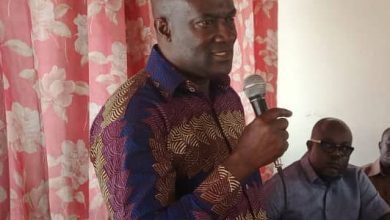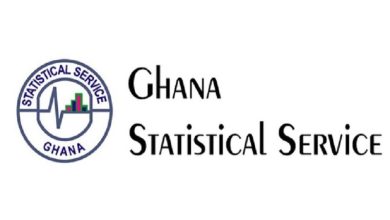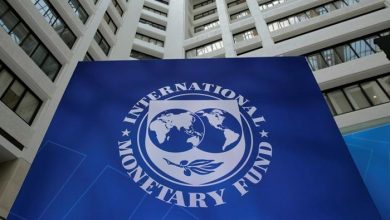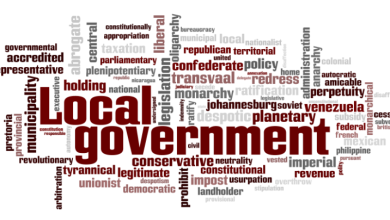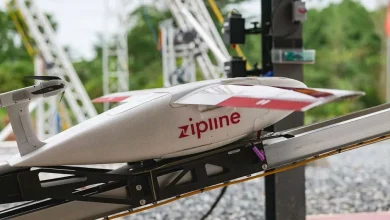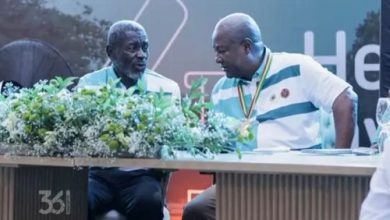Africa Sustainable Energy Dialogue Explores Key Drivers Behind Energy Access Challenges
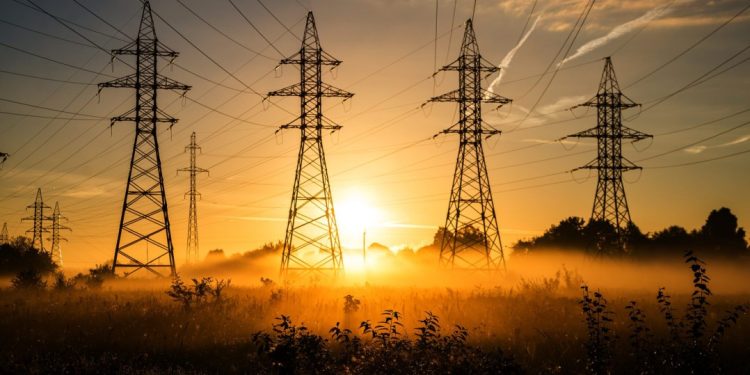
Experts across Africa’s energy space are calling for bold, practical measures and a shift in leadership mindset to tackle the continent’s long-standing electricity access crisis.
They note that access to reliable electricity is crucial for improving livelihoods, boosting economic growth and fostering development in African communities.
The call was made during the Africa Sustainable Energy Dialogue, organised by the Africa Sustainable Energy Center (ASEC).
Held under the theme “Bridging Africa’s Energy Access Gap: Challenges, Innovations and Path Forward,” Dr. Omar Farouk Ibrahim, Secretary-General of the African Petroleum Producers Organisation (APPO), dismissed poverty as the root cause of Africa’s energy woes.
Rather than attributing the crisis solely to lack of resources, he called for deeper reflection on structural, political, and economic bottlenecks.
“Most often, we hear that over 600 million Africans lack electricity. We hope this doesn’t become a cliché,” one moderator remarked, urging participants to look beyond the statistics. Africa’s biggest challenge is visionary leadership,” he said. “We lack political will. Our decisions often address immediate wants instead of long-term needs.” he said.
While Africa is rich in oil and gas, Dr. Ibrahim noted, most of it is exported. “Today, 75% of our oil and 45% of our gas leave the continent. The benefits go to elites—not the people. We must redirect our energy resources to serve our populations.”
Supporting this stance, Dr. Alfred Ofosu Ahenkorah, former Executive Secretary of Ghana’s Energy Commission, stressed the critical role of government.
“Access to energy is a matter of leadership. No individual electrifies a country—governments must lead,” he said. Citing Ghana’s electrification journey—from 19% coverage in 1989 to over 87% today—he credited deliberate state-led investments, beginning with the Akosombo Dam and followed by the National Electrification Program.
Kweku Andoh Awotwi, Board Chairman of UBA-Ghana, traced part of the crisis to the post-independence model of treating electricity as a social service.
“For decades, governments viewed electricity as a public good, without mobilizing the capital to support generation and distribution,” he said. “Even after liberalization, the sector remained heavily indebted and inefficient.”
He further lamented Africa’s slow uptake of decentralized renewable solutions.
“We’re not deploying grid-parity solar systems at scale because our power sectors remain financially unsustainable.”

